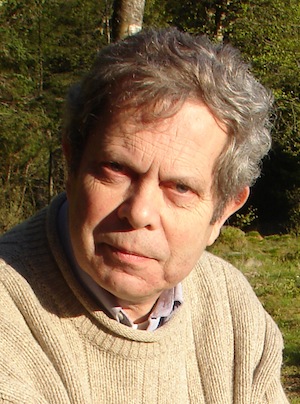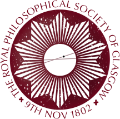

The capacity for memory is one of our prize possessions – defining our individuality and affording the bonds that cement so many aspects of friendship and family life. Remembrance is a facet of our culture and ordinary everyday memory essential in our daily life and work. But how does memory work? There are different types of memory, which I shall illustrate, and an intriguing facet of long-term memory is the paradoxical importance of both keeping memories and of forgetting others. I shall try to explain why we shouldn’t be so ashamed of being forgetful in terms of the underlying physiology until, of course, it becomes extreme as in certain neurological conditions. Even then it degrades with a selectivity that reflects facets of how memory works and enables our individuality to be retained. One new puzzle is whether the need for memory is being subverted by all the social media devices we now have at hand. In some respects, yes, but I shall argue conservatively that the faculty of memory is as precious as ever.
Richard Morris is Professor of Neuroscience at the University of Edinburgh and was, until recently, the Director of a major Research Centre in Neuroscience there. He read Natural Sciences at Cambridge, and did his D.Phil at the University of Sussex. His early career included a period helping to build an exhibition at the Natural History Museum and a stint working for BBC Television (“Tomorrow’s World”). He also served, by secondment, as Head of Neuroscience and Mental Health at the Wellcome Trust from 2007 to 2010, where he helped to set up a new research charity MQ:Transforming Mental Health. He remains active in University teaching, and his longstanding research interest is the neurobiology of cognition particularly of memory. In 2016, he was a co-recipient with Tim Bliss and Graham Collingridge of the international Brain Prize (Lundbeck Foundation, Copenhagen). He was elected to Fellowship of the Royal Society in 1997, the Academy of Medical Sciences (1999), and of the National Academy of Sciences (USA) in 2020. He was appointed CBE in 2007.
Links
https://www.ed.ac.uk/discovery-brain-sciences/our-staff/research-groups/prof-richard-morris
